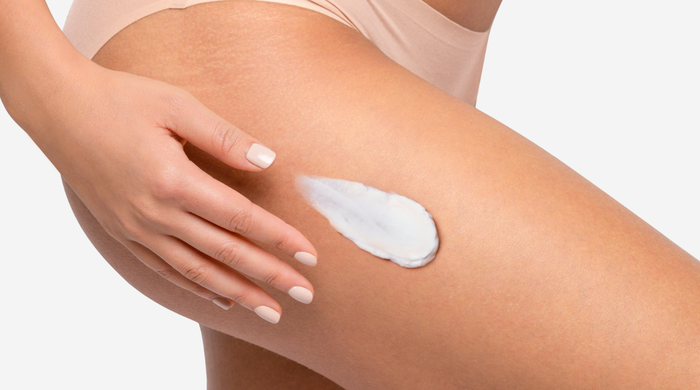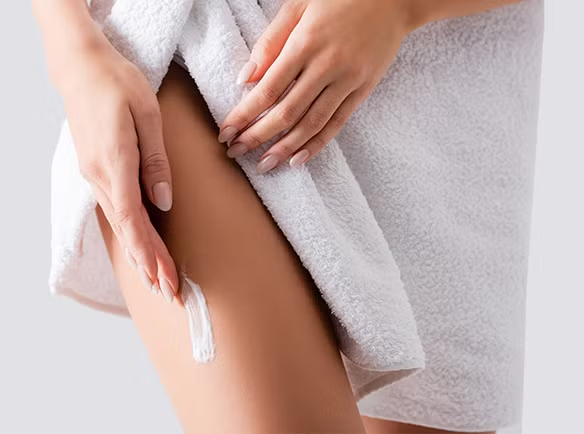Table of Contents
Do Firming Creams Actually Work?
The quest for firmer, more youthful skin is a universal desire. Countless creams and lotions promise to defy gravity and restore elasticity. But do firming creams truly deliver on their claims? Let’s dive into the science and explore what you can realistically expect from these products.
Understanding Skin Elasticity
Before we delve into the world of firming creams, it’s essential to understand how skin loses its elasticity. Our skin’s firmness and tone are largely determined by two key proteins: collagen and elastin. As we age, the production of these proteins naturally declines, leading to sagging and wrinkles. Additionally, factors like sun exposure, pollution, and dehydration can accelerate this process.
How Firming Creams Work (or Don’t)
Many firming creams claim to stimulate collagen and elastin production. While this sounds promising, the reality is more complex. The skin’s outer layer is a formidable barrier, preventing most molecules from penetrating deeply enough to influence these underlying structures.
However, this doesn’t mean firming creams are entirely useless. Many contain ingredients that can temporarily improve skin’s appearance. These include:
- Humectants: Draw moisture into the skin, creating a plumping effect.
- Emollients: Soften and smooth the skin’s surface, reducing the appearance of fine lines.
- Peptides: Some studies suggest that certain peptides may help boost collagen production, but results can vary.
- Retinol: A potent ingredient that can stimulate cell turnover and collagen production, but it can also be irritating.
Key Ingredients to Look For
If you’re determined to try a firming cream, look for products containing the following ingredients:
- Hyaluronic acid: Known for its exceptional hydrating properties.
- Niacinamide: Improves skin tone and texture.
- Vitamin C: An antioxidant that supports collagen production.
- Retinol (vitamin A): Effective for reducing fine lines and wrinkles, but use with caution due to potential irritation.
Other Factors Affecting Skin Firmness
While skincare products can play a role, several other factors influence skin elasticity:
- Sun protection: Consistent use of sunscreen helps prevent premature aging and skin damage.
- Healthy diet: A diet rich in antioxidants and essential nutrients supports skin health.
- Hydration: Drinking plenty of water keeps skin hydrated from within.
- Regular exercise: Improves circulation and promotes skin elasticity.
- Sufficient sleep: Rest allows your skin to repair and regenerate.
When to Consider Professional Treatments
For more significant skin laxity, you might consider professional treatments such as:
- Laser therapy: Stimulates collagen production.
- Radiofrequency: Tightens and firms the skin.
- Ultherapy: Uses ultrasound to lift and tone the skin.
Conclusion
While firming creams can offer some benefits, it’s essential to have realistic expectations. Consistent skincare, a healthy lifestyle, and sun protection are crucial for maintaining skin firmness. If you’re concerned about significant skin laxity, consulting with a dermatologist can help determine the most appropriate treatment options.












